“Bigger Than The Whole Sky” and Loss Moms/Parents
Many people are speculating that “Bigger Than the Whole Sky”, track 15 of Taylor Swift’s new album (Midnights), is about pregnancy loss and that it may have been inspired by her close friend’s experience with pregnancy loss. Others are interpreting the song as about a metaphorical loss, such as loss of another version of herself. Whether or not it was Taylor’s intention, her song is helping people who have experienced pregnancy loss feel seen in a society that tends to ignore and minimize pregnancy loss. Part of what makes pregnancy loss so difficult is that the loss is prospective (symbolic), meaning you are grieving the wishes, dreams, and hopes you had for your child. Symbolic/prospective loss tends to be less talked about and understood by the general public compared to retrospective loss. In addition, for some, the grief from a pregnancy loss may feel very similar to other times in their life when they have lost a loved one.
Pregnancy loss can take many forms, such as miscarriage (occurs within the first 20 weeks of pregnancy), stillbirth (occurs after 20 weeks of pregnancy), termination for medical reasons, elective abortion, and unsuccessful embryo transfers (for people going through IVF). The most common form of pregnancy loss is miscarriage, and it occurs in an estimated 20% - 50% of all pregnancies (Covington, 2005). In addition to resonating with people who have experienced pregnancy loss, Taylor’s words may also resonate with people who have experienced the loss of a child in other ways, such as loss of a child during the first 28 days of life (a type of perinatal loss called neonatal loss), loss of a child during infancy, and loss of a child at another young age. More generally, people who have experienced the loss of a child sometimes identify as “loss moms” (or loss parents).
“Salt streams out my eyes and into my ears. Every single thing I touch becomes sick with sadness.”
“Goodbye, goodbye, goodbye. You were bigger than the whole sky”
“I’m never gonna meet what could have been, what would have been, what should have been you” (Swift, 2022)
People who have experienced perinatal loss can feel as though there are few ways to acknowledge and grieve their loss that are socially acceptable. This is particularly true in a society that tends to ignore perinatal loss and dismiss how it can affect a person. It can feel even more difficult to grieve when a loss occurs early on and there may be no visible evidence of the loss (Covington, 2005), such as in the case of an early miscarriage or termination for medical reasons.
Even so, from my experience as a therapist, it is crucial find ways to acknowledge your loss and express your feelings/thoughts in order to move toward healing; mourning is the process people go through in order to heal. Many people benefit from ritualizing or memorializing their loss in some type of way, such as writing a goodbye letter or poem, creating a memory box or album, planting a tree or creating a rock garden, planning a memorial service, or donating time or money to an organization that supports a cause of loss. Listening to a song like “Bigger Than The Whole Sky” (i.e. a song that captures the heavy emotions you may be feeling but are having trouble labeling and/or expressing) can be a therapeutic way to acknowledge and express your emotions and grief. The song is validating of the pain, sadness, and other emotions a person may feel if they have lost a child, a direct contrast to a society that tends to gloss over pregnancy loss (and perinatal loss as a whole).
If you’re struggling with your mental health as a result of perinatal loss, please do not hesitate to seek help
If you are interested in working with me as your therapist, reach out to me here
Here are some resources specific to perinatal loss: www.katieaguayolicsw.com/perinatalmentalhealthresources
If you need more help finding resources and/or a therapist who can help, contact the PSI Helpline (call or text 1-800-944-4773)
References
Covington, Sharon. “Miscarriage and Stillbirth”. Frozen Dreams: Psychodynamic dimensions of Infertility and Assisted Reproduction, edited by Allison Rosen & Jay Rosen, Routledge, 2005, pp. 197-207.
Swift, Taylor. “Bigger than the Whole Sky.” Midnights, 3am Edition., Asylum Records, 2022, track 15. Apple Music, https://music.apple.com/us/album/bigger-than-the-whole-sky/1650841512?i=1650841748
